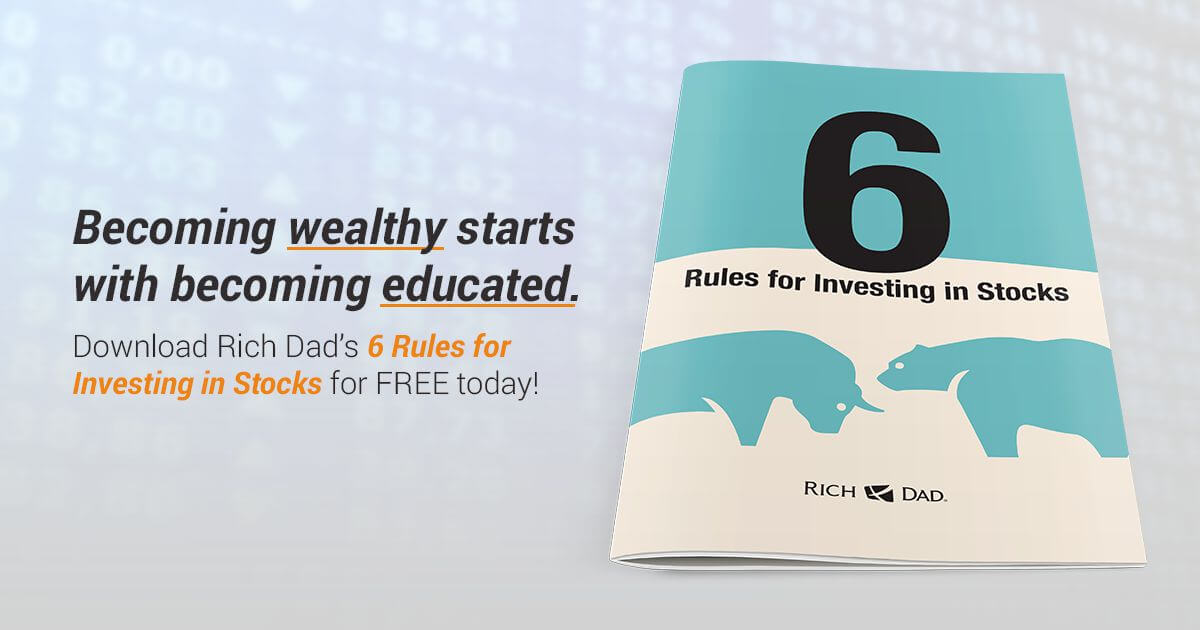Blog | Paper Assets
2015 Could Be A Tough Year For Stocks
January 15, 2015
As promised last time, today I’m going to write something gloomy about the stock market.
Everyone knows what happens when you stop blowing air into a balloon. It deflates. Well, that’s what’s happening now to the global economic bubble. It’s starting to deflate. Commodity prices are falling sharply. Oil is crashing. The growth in world trade and production is very weak. Interest rates are falling to record lows around the world. These are all warning signals that the stock market could be headed toward a steep tumble.
It’s not difficult to understand. The Fed was printing a lot of money and using it to buy financial assets. That pushed up their price and created “wealth” that drove the global economy. Now the Fed has stopped printing money and buying financial assets, so asset prices are falling, wealth is being destroyed and the global economy is weakening rapidly.
During 2013, the Fed printed just over $1 trillion through its Quantitative Easing program and the S&P 500 Index rose 30%. Last year, the Fed printed $455 billion and the S&P rose 11%. This year, we are told the Fed won’t print any money. If it doesn’t, not only will stocks not rise during 2015, they will probably fall – and perhaps quite sharply.
Until very recently, the stock market had been on a tear. After a brief panic attack in October, it recovered quickly and set a series of new record highs during November and December. Moreover, the unemployment rate has fallen sharply, consumer sentiment is strongly positive and the economy just grew at an annualized rate of 5% during the third quarter, its strongest performance in 10 years. So, why my gloomy outlook for stocks in 2015? Can’t stocks rise without the help of the Fed?
I don’t think they can. Stocks are not rising because the economy is strong. The economy is strong because stocks are rising. And stocks are rising because the Fed bought $1.5 trillion worth of financial assets with freshly printed money during the last two years. That pushed up Household Sector Net Worth by $ 13 trillion (or by 19%).
It is easier to inflate asset prices than to keep them inflated, however. I expect stocks will now begin to follow commodities down. Stock market valuations are already stretched. The S & P 500 Cyclically Adjusted Price Earnings (CAPE) ratio is currently 26.8 times, a 61% premium to its long term average. Moreover, earnings are now under pressure and are being revised down since the strong dollar and falling commodity prices both hurt corporate profits. Finally, the market expects the Fed to begin increasing interest rates in the middle of this year. If interest rates rise, the price of stocks and other assets are very likely to fall.
However, there is a real possibility that interest rates will keep falling rather than move higher. The yield on the 10-year US government bond has fallen 40 basis points to as low as 1.78% over the last two weeks. If the global economy continues to weaken, these yields could fall significantly further. The yields on 10-year German and Japanese government bonds fell to new record lows of 43 basis points and 25 basis points, respectively, this week. Normally, lower interest rates should support economic growth and asset prices. However, rates as low as these must be telling us that something is terribly wrong with the global economy.
As I have written many times, I don’t believe the Fed will allow the global economy (our global raft filled with credit) to deflate. So long as they have the tools to prevent it – or, at least, to postpone it - the Fed will not allow the global economy to collapse back into severe recession. To prevent that, I believe the Fed will respond with a new round of Quantitative Easing, QE 4. When they do, asset prices will reflate and the global economy will strengthen again - for a while.
So, while the stock market may be in for a very rough ride during the next couple of quarters, it will still probably end the year with gains – as the result of QE 4. The Fed has been driving the economy by inflating asset prices. I can’t see why they would stop now.

Original publish date:
January 15, 2015